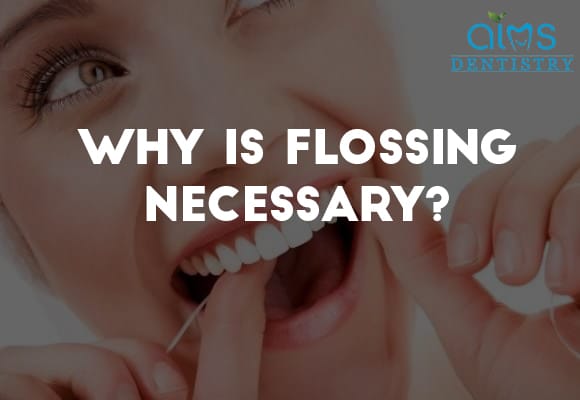
Many know that flossing is a long process, the procedure of using floss to remove food or dental plaque from your teeth can be tiring. You have already brushed your teeth and that feels good enough, so why floss? If you feel this is a step you can miss then think again, dentist recommend flossing at least once a day. But why is flossing so important? Let’s see how can flossing help in our oral as well as overall health.
Flossing supports healthy mouth
There are more than 500 species of bacteria living inside your mouth. Some are good while some aren’t. The plaque around your teeth cannot be removed by just regular brushing. When plague and food debris build-up around your teeth, it causes tooth decay and gum disease. This happens because the acid from the plague-causing bacteria can erode teeth enamel causing tooth decay. While gum disease is caused due to our immune system which causes inflammation of the gum to fight these bacteria. Just brushing your teeth will hardly clean out the food particle and plaque. Flossing can reach the difficult area around your mouth and removes plaque, preventing tooth decay and Gingivitis.
Flossing for overall health
Gingivitis can progress to periodontal disease and these bacteria can enter the bloodstream, traveling to other parts of the body like your heart and lungs. The disease like diabetes has been linked to poor oral health. Periodontal disease can further contribute to the risk of low birth weight in newborn babies. One easy way to reduce health risk from periodontal disease is by including flossing in your daily oral hygiene routine.
Other health effects associated with poor oral health:
Dementia
Bad oral hygiene increases the risk of dementia as compared to flossing twice a day.
Pneumonia
Peridontitis increases the chance of contracting pneumonia. Thus, good oral hygiene lowers the risk of pneumonia.
Flossing Equipment
Most dentists recommend interdental cleaners, which simply cleans between the teeth. Flossing eases the removal of dental plaque in between braces, bridges, and wide gaps between the teeth. There are several options for flossing other than interdental cleaners. Water flossers, pre-threaded flossers, dental picks are some of the options one can use for flossing. Ask your dentist for the best option for flossing. If an interdental cleaner is used without your dentist’s guidelines, you might risk hurting your gums. Now that we understand the importance of flossing, the next thing to know is how to properly floss. Effective flossing includes:
- Flossing at least once per day.
- Guide the floss along the sides of your teeth. Be gentle and remove the food and plaque without hurting yourself.
- Don’t forget to floss the back molars.
- You can floss either before or after brushing.
